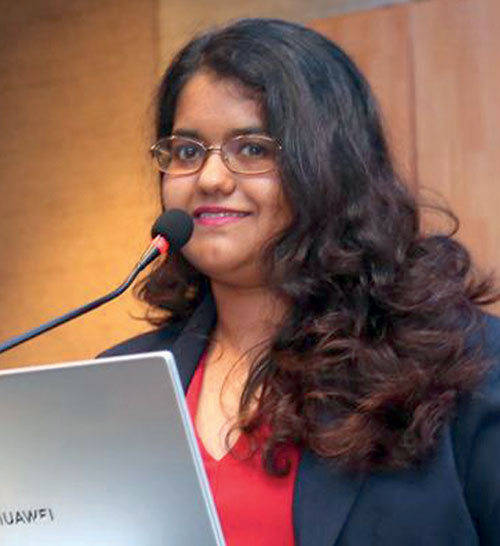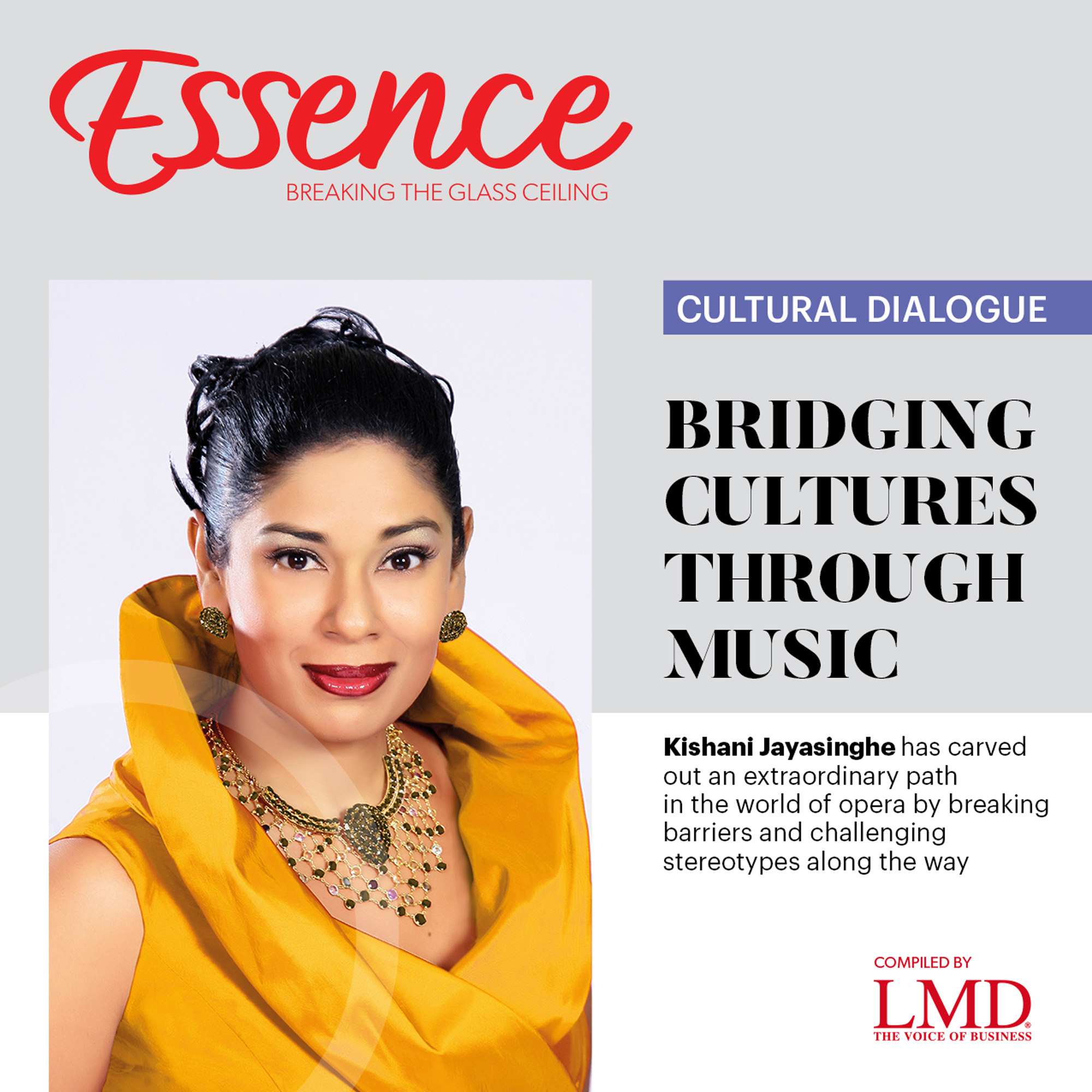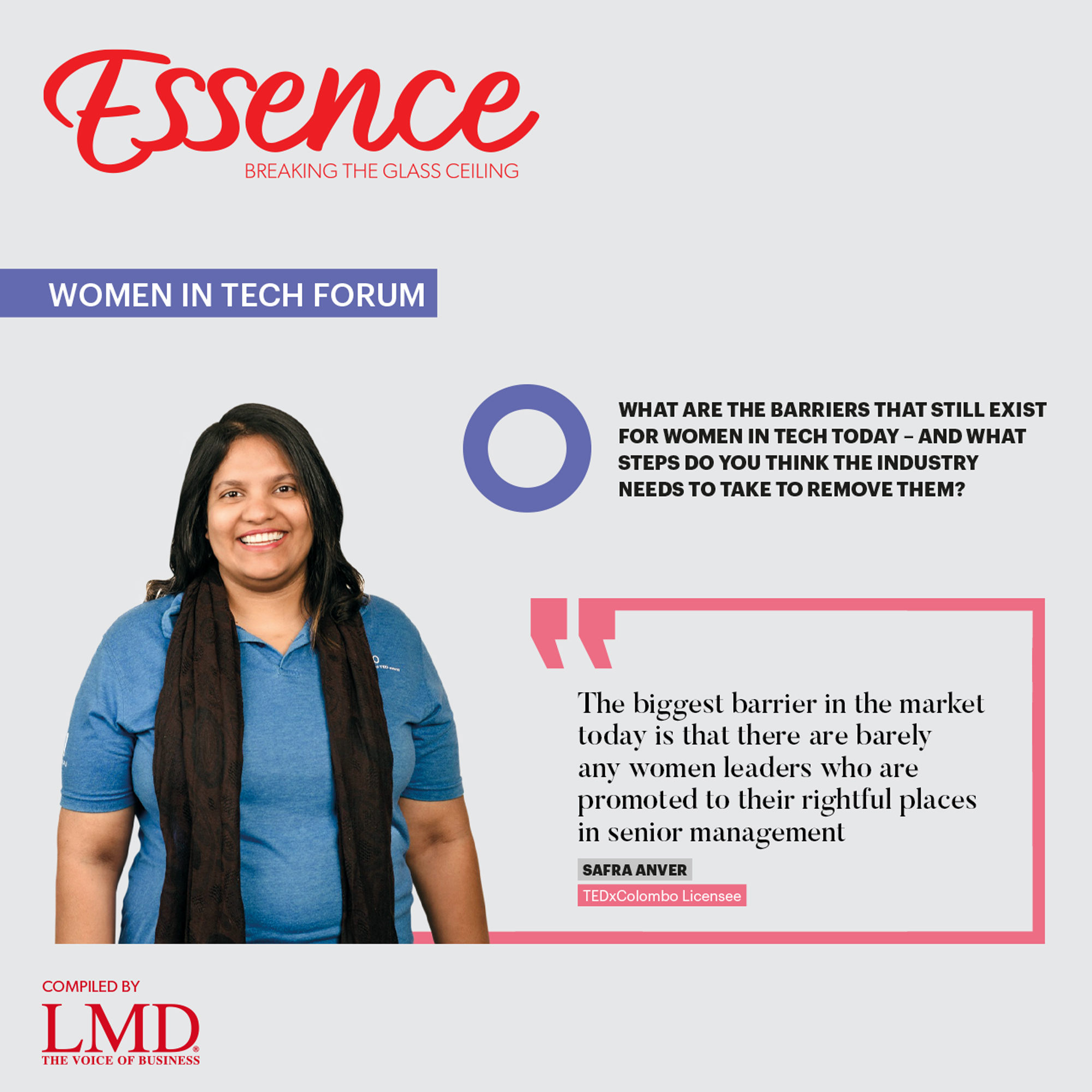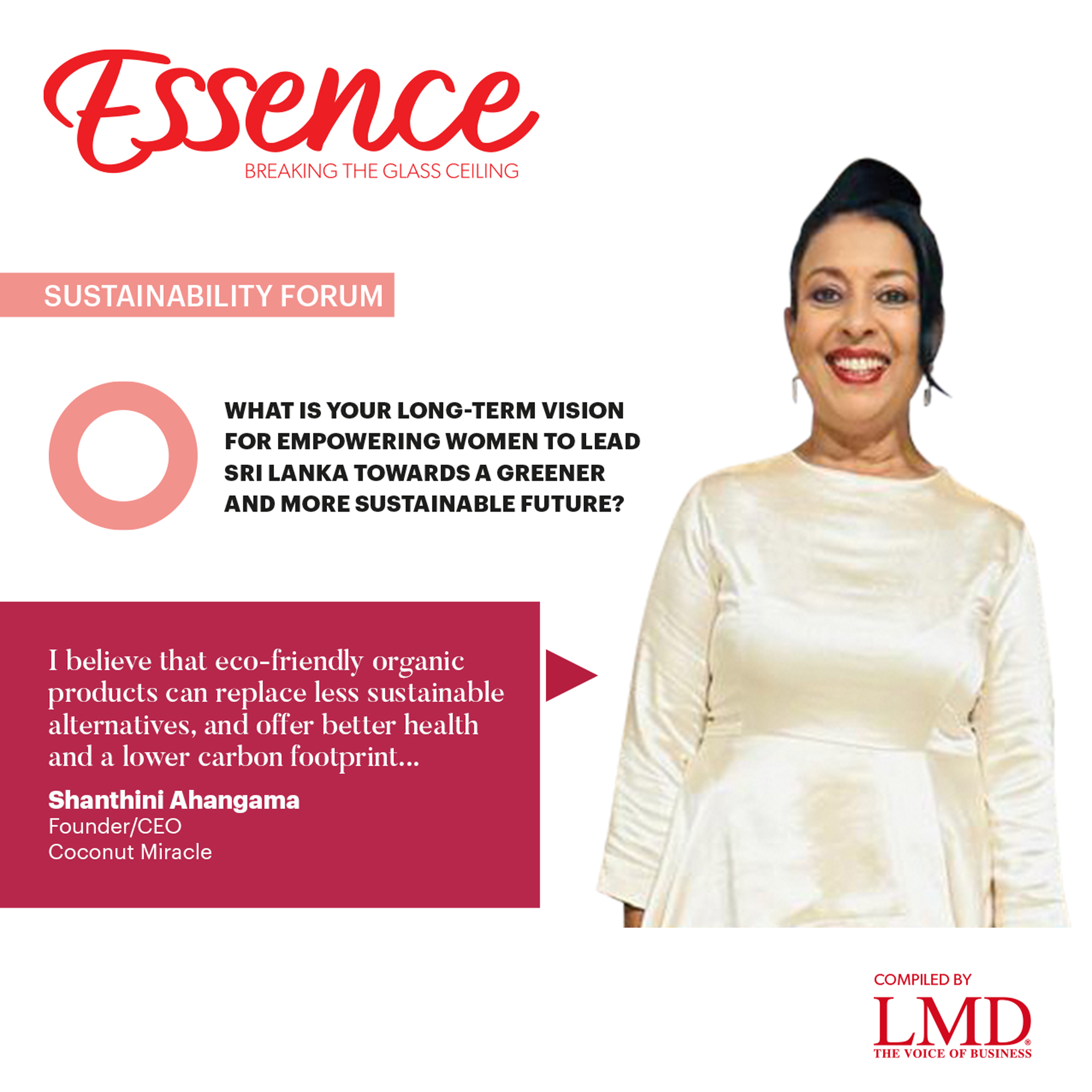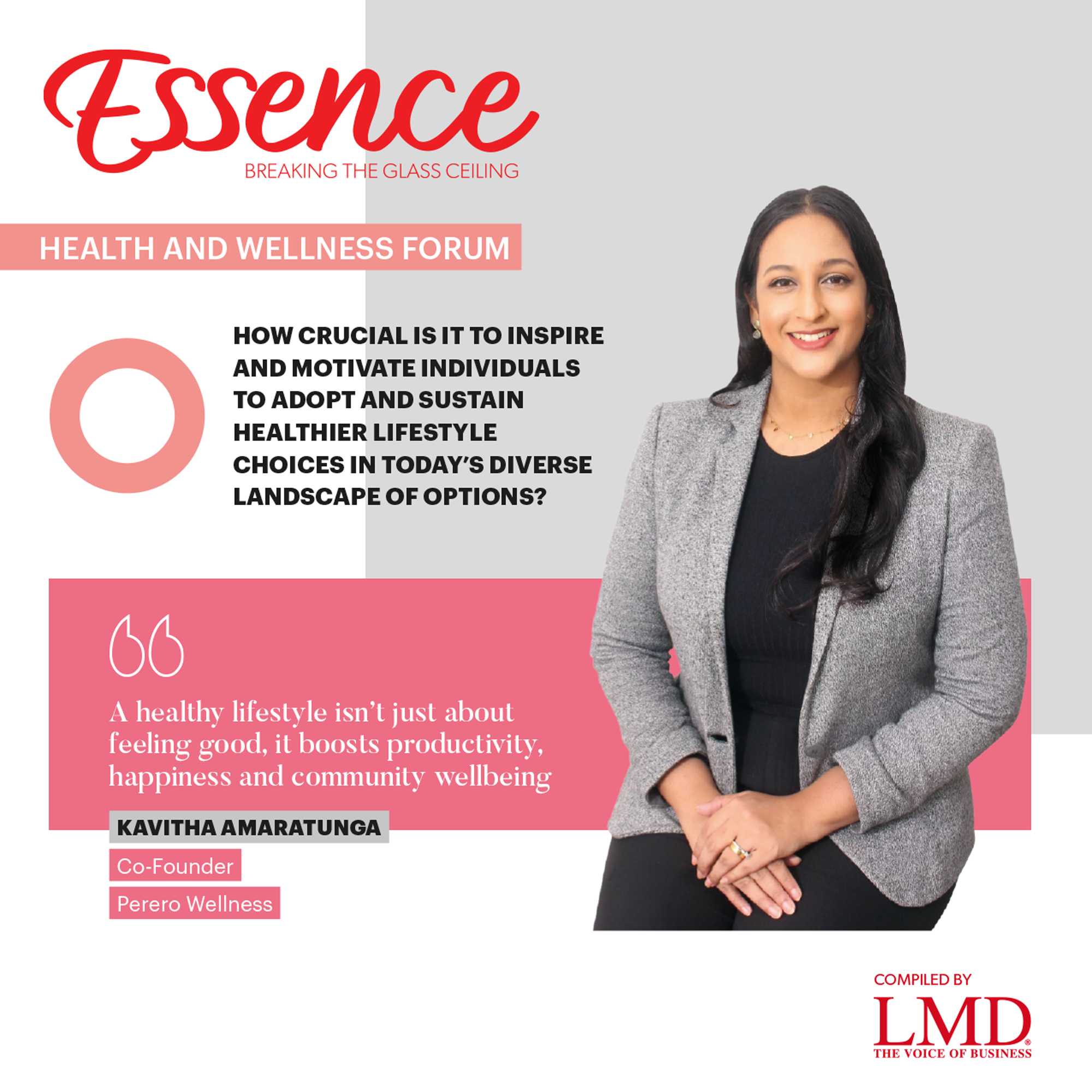YOUTH ADVOCACY
A QUEST FOR WOMEN’S RIGHTS
Piyumi Wattuhewa is passionate about advancing the case for gender equality
 Reflecting on her journey, 24 year old advocate Piyumi Wattuhewa discusses the challenges of working at the intersection of law, gender and human rights – and the crucial role of youth in advancing gender equality.
Reflecting on her journey, 24 year old advocate Piyumi Wattuhewa discusses the challenges of working at the intersection of law, gender and human rights – and the crucial role of youth in advancing gender equality.
Her interest in development studies began in school. Despite having the necessary results to pursue law, she chose to study development at the University of Kelaniya, which was the only public university offering this course of study.
Wattuhewa’s interest in law grew while working at Hashtag Generation where her superior encouraged her to pursue the field. “Development came out of passion and law came by chance,” she recalls.
The term ‘young advocate’ poses unique challenges with ‘young’ often being synonymous with ‘inexperience.’ She explains: “Older feminists and women’s rights activists have singled me out in the middle of a crowd, and asked whether I know what these things are.”
Despite lacking technical experience, she asserts that her expertise lies in her lived experiences.
Her decision to take this unconventional career path of advocating for women’s rights is rather atypical since her father is a businessman, her mother is a homemaker and her brother is a medical student.
Wattuhewa notes that advocacy is often seen as a betrayal of the country with people not only discouraging her from pursuing it but also influencing her parents to feel the same. The combination of being ‘young’ and an ‘advocate,’ coupled with being a woman, is an additional burden. “You are expected to be passive and submissive; and simply listen and not talk,” Wattuhewa muses.
In Sri Lanka, gender inequality remains deeply entrenched in many families and women are burdened with being unpaid carers.
The Sisterhood Initiative, where Wattuhewa works as Programmes Lead, is a nonprofit volunteer group that’s dedicated to providing safe spaces for Muslim women in the country.
A key focus is advocating for the reform of the Muslim Marriage and Divorce Act (MMDA), which permits child marriages and reinforces gender roles that diminish women’s autonomy. Reflecting on her work, she notes how cultural expectations hinder women’s economic freedom and financial independence.
“There’s no minimum age of marriage stipulated in the act, women are not allowed to sign their own marriage certificates and unfair divorce proceedings enable men to evade child maintenance,” she explains.
Activists have been pushing for the MMDA to be reformed since the 1950s. However, political forces often co-opt these efforts, and prioritise consultations with religious leaders over women’s voices.
Wattuhewa believes that youth can play a pivotal role in challenging these norms by questioning the traditional roles assigned to women and advocating for equal participation. “That cultural shift happens with conversation,” she says, and adds: “Young people can continue to question and break the generational passing down of duties.”
A major misconception that Wattuhewa is addressing is that advocating for women’s rights constitutes misandry. She asserts that “feminism by definition calls for equality between men and women.”
And she believes that patriarchy harms both genders by pressuring men into dominant roles, and explains that “feminism seeks to dismantle that system for everyone’s benefit.”
Wattuhewa also criticises educational institutions and the media for reinforcing gender stereotypes.
For instance, subjects such as home science are predominantly taken by girls while the media continues to depict women as homemakers in advertisements promoting dishwashing liquid, condiments etc. This portrayal shapes young women’s perceptions of their roles and restricts their ambitions.
She also criticises the media for romanticising rape and sexual assault by using euphemisms such as ‘beauty violated,’ which downplays the severity of the crime. Wattuhewa also notes how mega teledramas romanticise abusive relationships, which lead to young people normalising unhealthy dynamics in relationships.
As sex education and divorce are by and large considered unacceptable in this country, legal reform and human rights advancements are extremely challenging. “It’s very complicated when you talk about how the law can affect human rights because Sri Lanka as a political and cultural system doesn’t acknowledge women’s autonomy,” she notes.
Despite these obstacles, Wattuhewa remains hopeful and draws strength from working with fellow women’s rights activists. She elaborates: “We support and uplift each other, share our struggles and push for change. You can’t fight for gender equality in isolation – community is key.”
Wattuhewa’s work illustrates the long road ahead, but with continued dialogue, legal reform and cultural shifts, progress remains possible.
– Compiled by Nirmali Ameresekere


